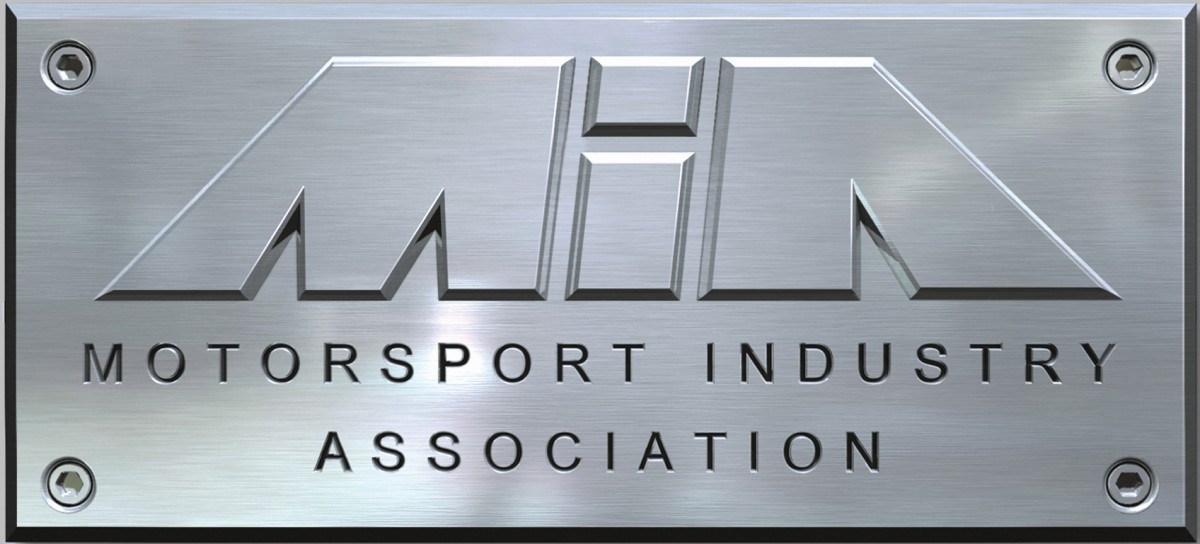Testing times for Motorsport
However, as the mainstream automotive industry heads towards the promised land of the electric and autonomous vehicles, the two not to be mixed by the way, does it mean that motorsport’s traditional role as a development partner is now coming to a close? The answer, at least in the relatively short term, is decidedly not.
Having been reacquainted with the automotive industry once again after several years thanks to recently adding Automotive Engineer to our portfolio, I have found that there is a revolution underway where everything is up for grabs. The disruptive technologies are proving to be so overwhelming that it is causing car companies to change their business models.
The thing is, as with all revolutions, no-one is sure how it’s going to turn out. Will car companies still churn out vehicles that people have to buy to one where the end-user pays per mile? Then there’s the self-driving car scenario. We are currently at level 3 on the road to level 5, which is the fully autonomous car.
Along with this particular disruption is the arrival of the electric vehicle, which is also on the same road to level 5, but which is requiring its own set of parameters. At the same time, and hovering in the background, although not much talked about recently, is the hydrogen fuel cell car.
In the old days, well a decade ago or so, a car maker knew that a model and its derivatives had about a seven year life before being replaced with another one. It was a pretty linear approach adopting technologies like Bluetooth, sat nav and so on in its stride. Now though, if you put yourself in the planning department of a car company, where do you start and what will the scene look like in 2024/25? Will cars still be bought or will pay-per-mile have become the norm? While the internal combustion engine will still be an important part of the car in most cases, what sort of energy storage unit will it be strapped to? Will electric vehicles, including vans and buses, make the promised breakthrough in terms of market share? What will government policies be? Will we really be seeing fully autonomous vehicles on the road by then? Will the general public accept them? What about the regulatory and insurance side of them? All these issues and many more are causing more than a few heads to be scratched.
As a result, the automotive industry as a whole is testing everything. It needs as much data as possible on everything so the test side of the industry is going through the roof – and this is where motorsport companies are and will play an important role. If nothing else, motorsport engineers know how to test things to destruction quickly. They are also the masters of rapid prototyping.
These are the qualities that are in high demand in the automotive industry, but there’s a caveat. The motor industry will gobble up as much as it can as quickly as it can, learn, apply and then move on. In other words, the window of opportunity is relatively short. As Chris Aylett, CEO of the Motorsport Industry Association told me, it’s probably just a few years.
So yes, the automotive industry may ultimately be heading in a different direction but in the meantime, there’s a golden opportunity for motorsport companies to capitalise on their current predicament.




















